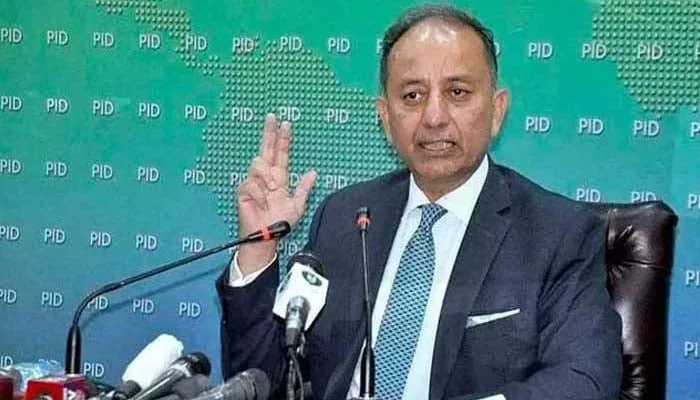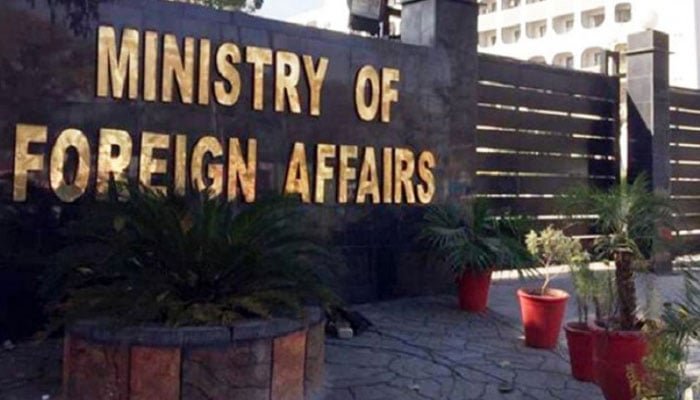The Supreme Court of Pakistan has issued a notice to the federal government concerning the Faizabad sit-in case, directing the authorities to present their stance by October 27th. This move follows a decision to hear the case up until November 1st. During the hearing, the Chief Justice, Justice Faez Isa, questioned the withdrawal of certain applications and remarked sharply, “Speak the truth. Whom are you afraid of?”
The context revolves around the Faizabad sit-in, a significant protest that took place in Islamabad. The Supreme Court, under the leadership of Chief Justice Faez Isa, along with Justice Amin-ud-Din Khan and Justice Atar Minallah, had issued notices against the Faizabad Interchange protest back in 2017. Several government bodies, including the Ministry of Interior, Ministry of Defense, PEMRA, ISI, PTI, MQM, and Sheikh Rasheed, had submitted requests for a review of the decision. However, the Election Commission and PTI withdrew their review petitions during the hearing.
The Chief Justice inquired about the reasons behind these withdrawals. He emphasized the importance of admitting mistakes and questioned the hesitation in accepting them. He further interrogated the Attorney General, asking why the applications for review were not filed earlier and why the government wanted to withdraw them now. He underlined the significance of accountability, stating that even he, as a judge, could make mistakes, but it is crucial to admit and rectify them.
Additionally, the Chief Justice criticized the Election Commission, asking why it was so hesitant despite being a constitutional institution. He pointed out that decisions come from the top and the orders must be followed. He demanded an explanation from the government regarding its intent to withdraw the applications and stressed that the Election Commission should not shy away from its responsibilities.
This hearing showcases the judiciary’s firm stance on accountability and the insistence on upholding the law. The Chief Justice’s assertive approach highlights the necessity of transparency and truthfulness, especially when dealing with matters of national importance. The case of the Faizabad sit-in serves as a reminder of the judiciary’s role in ensuring justice and fairness in the country.



